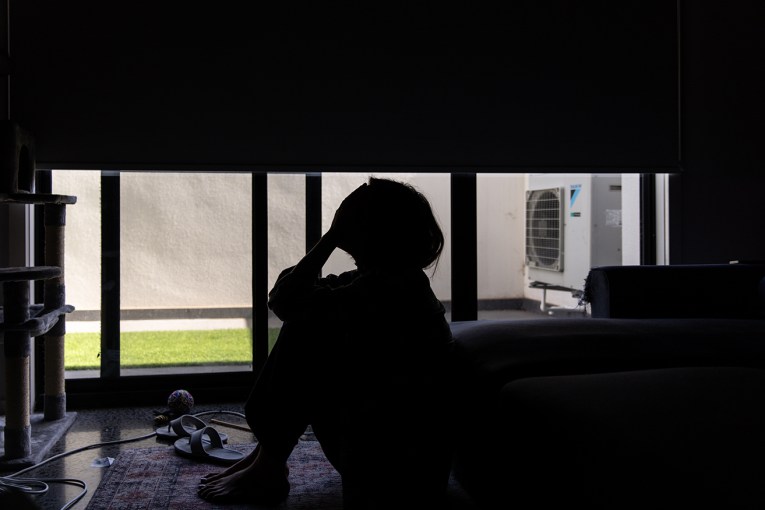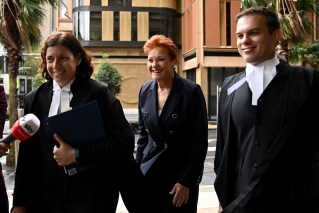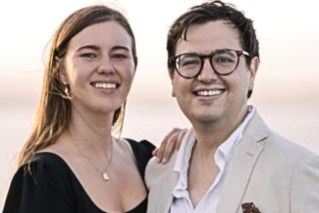Government talks tough on wider sanctions but two oversights unexplained

As world political leaders mull imposing sanctions on China if it supports Vladimir Putin’s invasion of Ukraine, it emerges Australia is lagging behind in imposing financial penalties on Russian business interests.
America has warned China will face “serious consequences” if it grants a Russian request for military aid to support its invasion of Ukraine, as troops move further towards the country’s capital, Kyiv.
On Wednesday both Prime Minister Scott Morrison and Labor leader Anthony Albanese signalled that they had an open mind towards such action, saying they would support measures taken by Australia’s international partners.
“When the rest of the world is applying sanctions to Russia and seeking to impose a heavy price on them for their violent and aggressive actions, China actually relieved trade measures,” Mr Morrison told reporters in Perth.
But questions about gaps in Australia’s own sanctions regime against Russia have arisen since Mr Morrison first announced his intention to keep in “lock step” with international allies’ financial penalties on oligarchs.
The Department of Foreign Affairs and Trade (DFAT) said that, to date, sanctions have been imposed on 460 individuals and entities linked to Russia.
But conspicuously absent are two prominent Russian oligarchs, with mining interests in Australia, Oleg Deripaska and Viktor Vekselberg.
That is despite both men being the subject of sanctions from the United Kingdom. The two were last week named as part of measures which also targeted the billionaire owner of Chelsea FC, Roman Abramovich.
Squatters occupied Mr Deripaksa’s multimillion-pound London mansion this week, in a show of protest against the billionaire’s close ties with Mr Putin.
Mr Deripaksa owns a near-majority stake in a company which has a more than 55 per cent share in Rusal International; Mr Vekselberg owns just under one-third.
Rusal owns the minority share of an 80-20 joint venture with Rio Tinto that owns Queensland Alumina, which operates a large alumina refinery near Gladstone.
Mr Vekselberg also has a small stake in a joint venture gas exploration project with Origin Energy in the Northern Territory’s Beetaloo Basin.
One of his representatives, Maxim Mayorets, last week stepped down from a board position with Falcon Oil and Gas, Origin’s partner on the project.
Dan Gocher from the Australasian Centre for Corporate Responsibility said that the omission was difficult to account for.
“It’s very curious,” he told TND.
“If there have been sanctions on someone without major business interests here [Roman Abramovich], but there have not for someone who has, that’s hard to understand”.
The government has not explained the omission.
“Sanctions considerations are continuing,” a spokesman for DFAT said.
Rio Tinto last week announced plans to sever “all commercial ties with any Russian business” but did not respond to a request for comment on the progress of this on Wednesday.
Origin has said it is “appalled” by Russian actions in Ukraine but also that it has no direct connection to Russian shareholders in its joint venture partner in Beetaloo.








